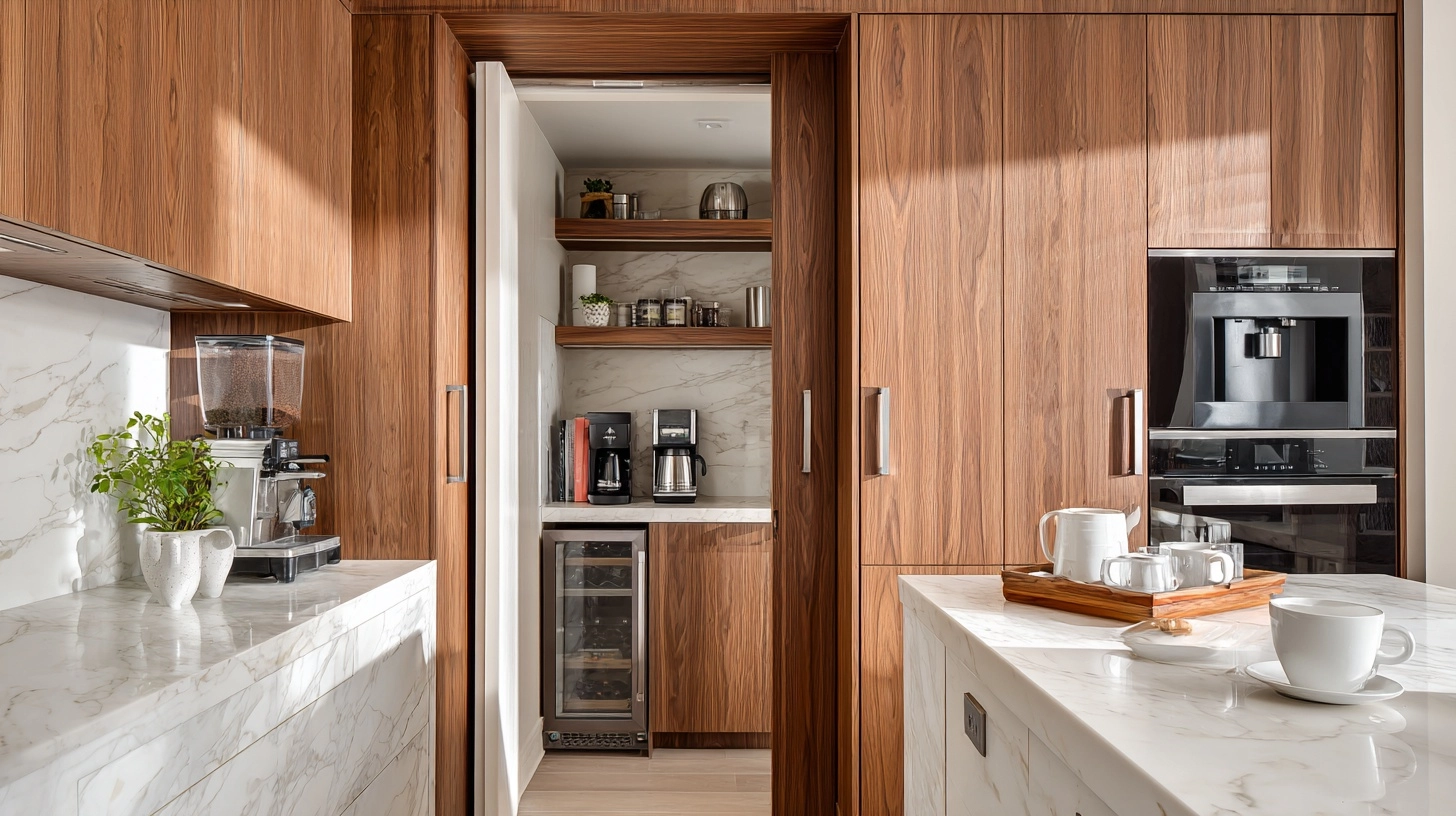
Hidden Work Kitchens: Sculleries That Keep Mess Away

Lighting Layers That Transform Arizona Living Rooms After Sunset

In the world of interior design, lighting is often an unsung hero. It has the power to shape moods, highlight architectural details, and transform the perception of space. Yet, achieving the perfect light environment isn't just about installing a great chandelier or floor lamp; it's about embracing the concept of layered lighting. This comprehensive guide will take you through the nuts and bolts of creating an outstanding layered lighting setup, ensuring your home or workspace radiates with the ambiance and function you desire.
Layered lighting goes beyond simply having multiple light sources; it's an art that involves combining various types of lighting to achieve a harmonious balance. The three main types are ambient, task, and accent lighting. Ambient lighting provides overall illumination, setting the general tone of the space. Task lighting focuses on specific areas for activities like reading or cooking. Finally, accent lighting adds drama, drawing attention to features like artworks or architectural details. Mastering layered lighting involves understanding how to integrate these elements seamlessly into your space—a skill that can elevate the design and functionality of any room.
Ambient lighting is the foundational layer. Think of it as the canvas upon which all other light sources add color and texture. Common sources include ceiling fixtures, such as chandeliers or flush mounts, and natural light through windows. The goal is to ensure a comfortable level of brightness that allows individuals to move safely without casting unwanted shadows. Utilizing dimmable options is a smart choice, allowing flexibility for different times of day and activities. By adjusting these, you can transition effortlessly from vibrant daytime energy to a cozy evening atmosphere.
Task lighting adds precision to your lighting design. It's a dedicated light source for specific activities—be it a desk lamp in the study, under-cabinet lights in the kitchen, or reading lamps in the living room. The key is to position task lights where they're most needed, avoiding glare and ensuring they're adjustable for varied tasks. For example, in a kitchen, task lighting under cabinetry should illuminate worktops effectively, boosting both functionality and safety. Meanwhile, in the office, adjustable desk lamps can focus on the task at hand, reducing strain on your eyes and enhancing productivity.
Accent lighting is your opportunity to play artist. It allows you to spotlight the elements that matter, such as artwork, bookcases, or textured walls. This lighting is usually three times brighter than ambient lighting, making the highlighted features stand out. Techniques involve installing wall-mounted spotlights or using directional floor lamps. By thoughtfully placing accent lights, you can not only create visual interest but also foster an intimate and inviting ambiance. Such lighting can transform a bland corner into a focal point, enhancing the overall aesthetic and mood of the room.
Achieving excellent layered lighting requires strategic planning and creativity. Start by analyzing the function and mood you want each room to convey. Next, select the right fixtures for each lighting type, considering the style and scale of your space. Opt for dimmers to allow flexibility and control over brightness levels. Don't hesitate to mix lighting styles—a modern pendant with vintage table lamps can create a balanced and inviting atmosphere. Lastly, always test your lighting setup during different times of day to fine-tune placement and brightness, ensuring your layered lighting shines perfectly both day and night.
In conclusion, layered lighting is not just a functional necessity; it's a transformative tool that can redefine a room's character. Embrace the challenge, and your spaces will reward you with beauty, comfort, and enhanced functionality.
Disclaimer: The content provided in this article is for informational purposes only and is not intended as financial, tax, or investment advice. JL Coates is not a financial advisor, tax consultant, or investment specialist. We recommend consulting with a professional financial advisor, tax specialist, or investment advisor to discuss your specific circumstances before making any financial, tax, or investment decisions based on this information. JL Coates assumes no responsibility for any actions taken based on the information provided in this article.



